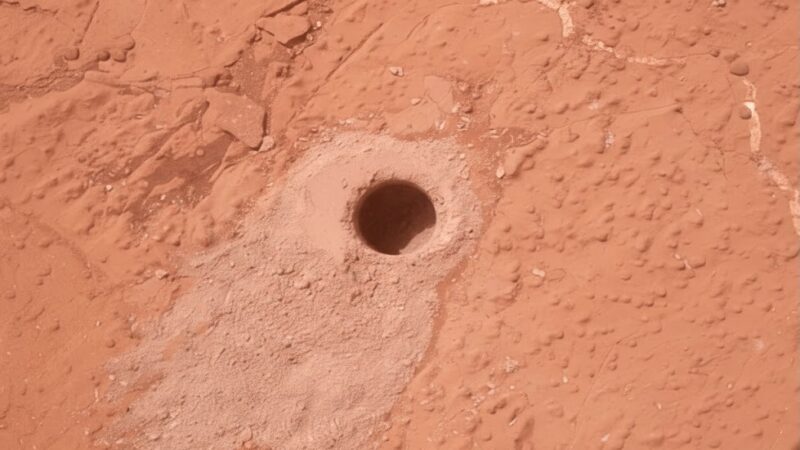
The researchers found that additional studies of the data from Curiosity show that non-biological sources they had considered don’t fully explain the organics. They conclude, therefore, that a biological source is a reasonable hypothesis.
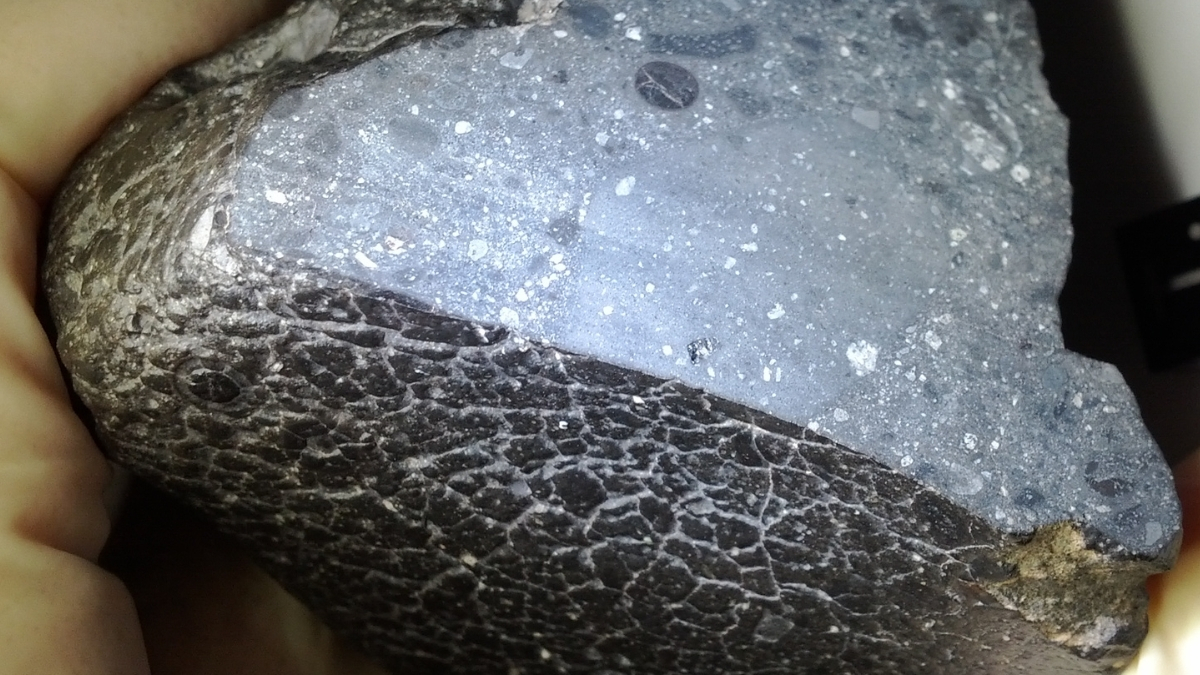
The chemical math of the interior of the meteorite Black Beauty means that those little bits of rock hold up to about 11% of the sample's total water content.
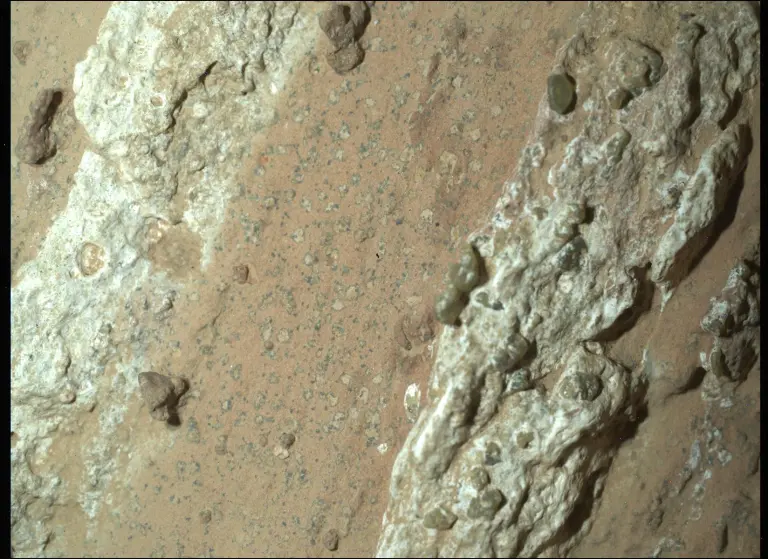
A sample collected by NASA’s Perseverance Mars rover from an ancient dry riverbed in Jezero Crater could preserve evidence of ancient microbial life.
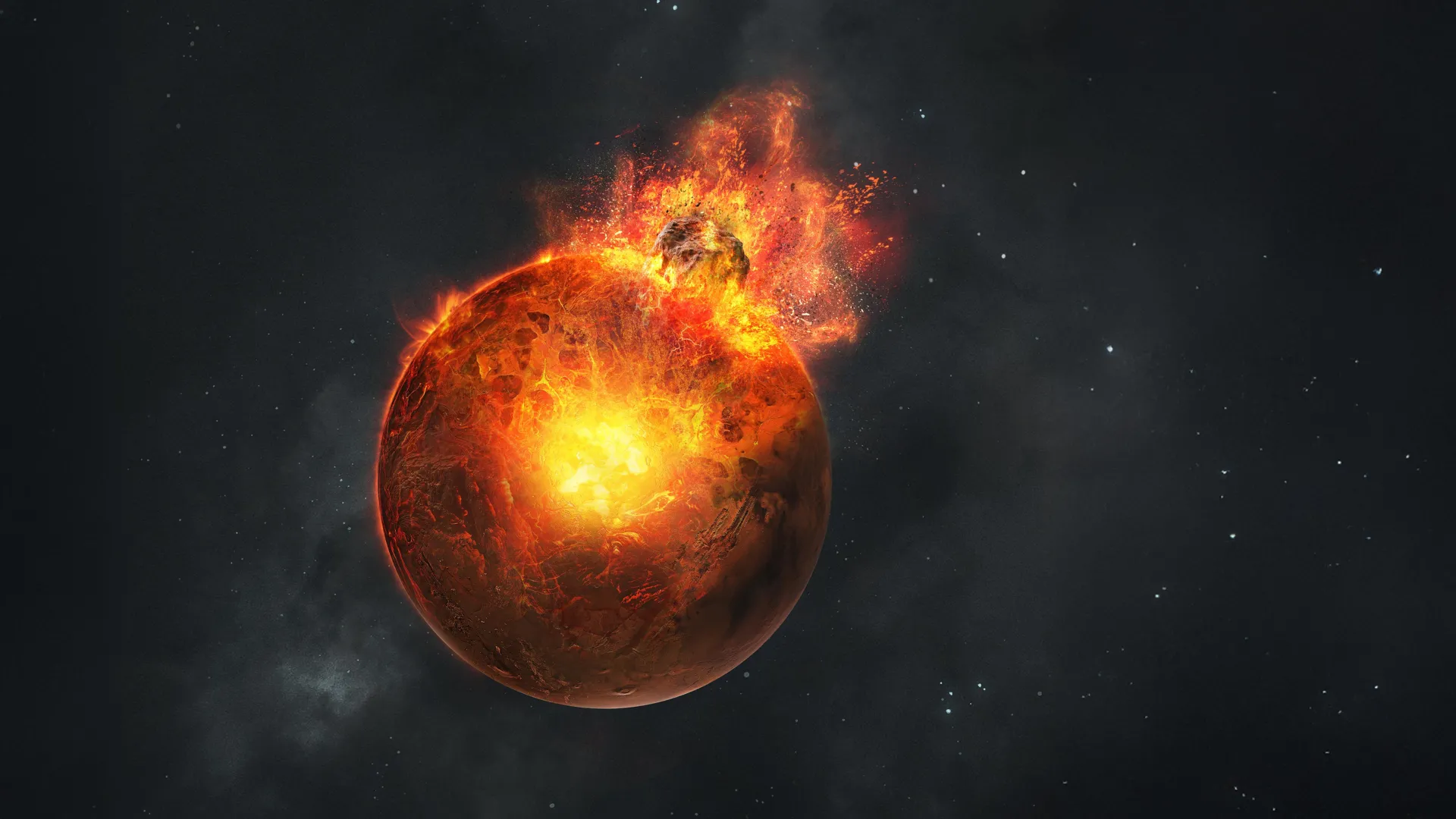
Mars isn’t the neatly layered world we once imagined — its mantle is filled with ancient, jagged fragments left over from colossal impacts billions of years ago.
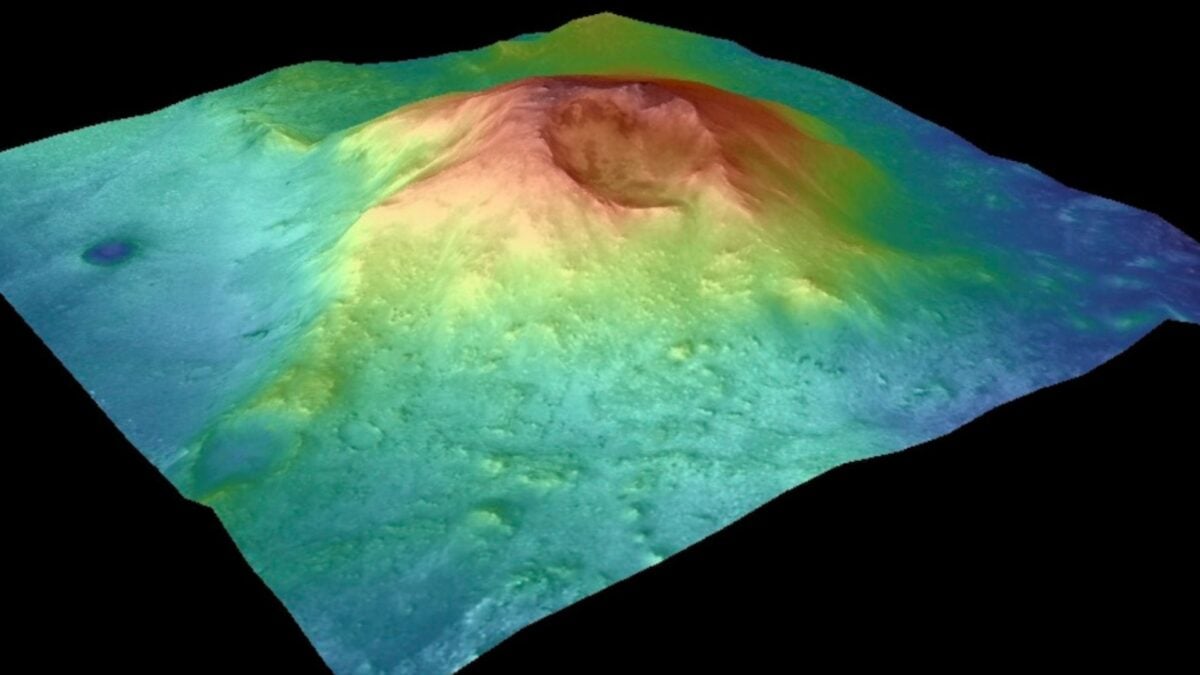
The researchers posit that the volcano could have supported conditions favorable for life in the once-watery Jezero crater.

A new panorama from NASA’s 2001 Mars Odyssey orbiter shows one of the Red Planet’s biggest volcanoes, Arsia Mons, poking through a canopy of clouds just before dawn.

After a decade of searching, NASA's MAVEN (Mars Atmosphere Volatile Evolution) mission has, for the first time, reported a direct observation of an elusive atmospheric escape process called sputtering.

Anew study said the streaks aren’t caused by water. Instead, the study suggests, the streaks are due to wind and dust.

A green glow snapped from Mars marks the first time that an aurora has been observed from the surface of another planet.

Evidence is mounting that a secret lies beneath the dusty red plains of Mars, one that could redefine our view of the Red Planet: a vast reservoir of liquid water, locked deep in the crust.
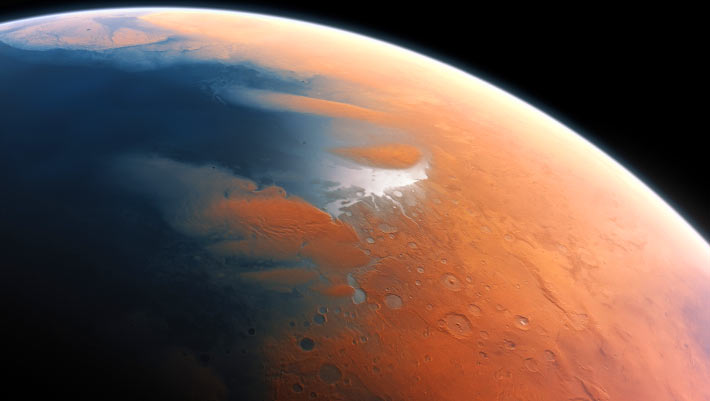
The distribution of valley heads on Mars matches predictions for a climate that includes precipitation rather than just runoff from melting ice caps.
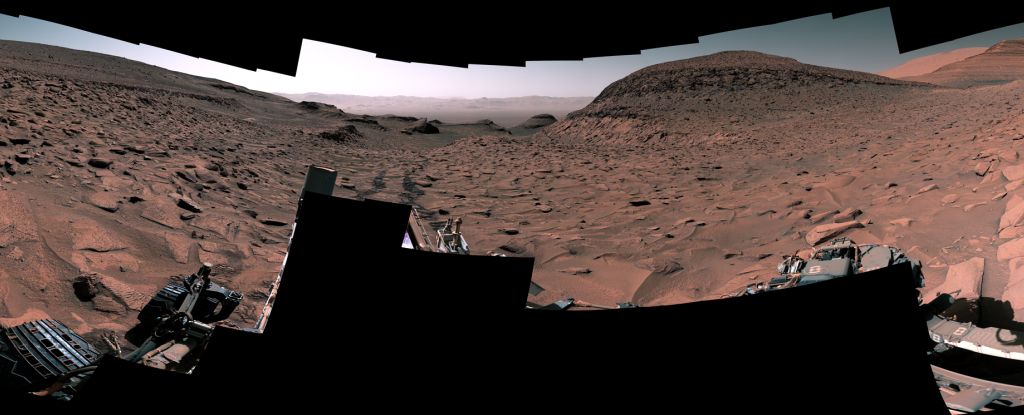
A surprise discovery in Gale Crater is the component that was missing in the puzzle of Mars's climate history.
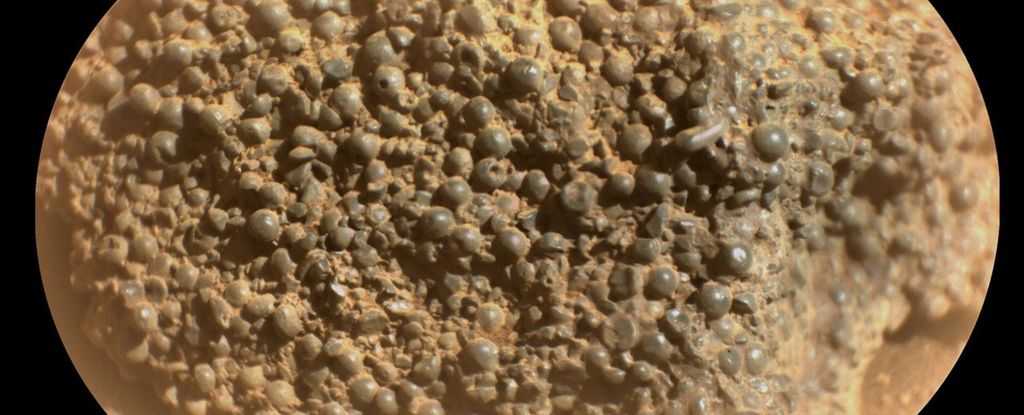
Once again, Mars has presented us with an example of something it seems to have in abundance: extremely peculiar and baffling rocks.

Martian dust storms can potentially cause respiratory issues and elevated risk of disease, making them yet another health hazard space agencies need to prepare for, according to new research.

The discovery is one of the most significant findings in the search for evidence of past life on Mars.